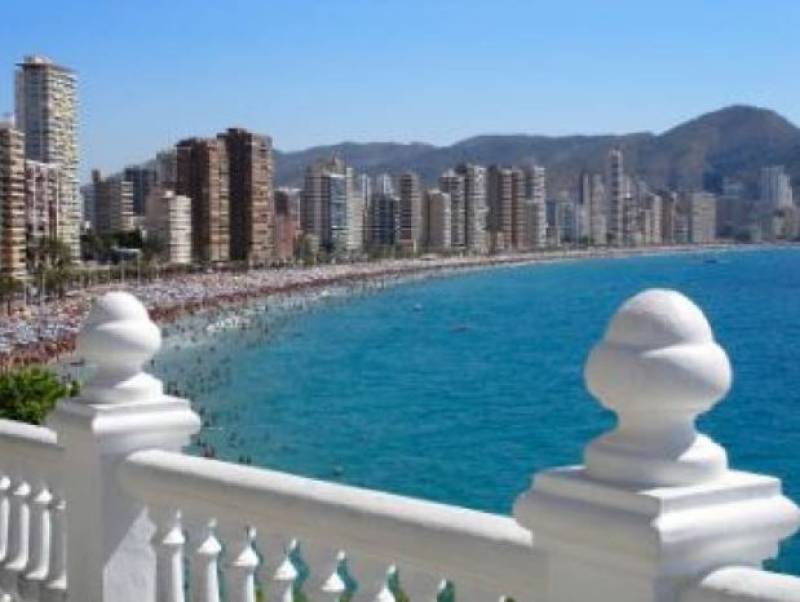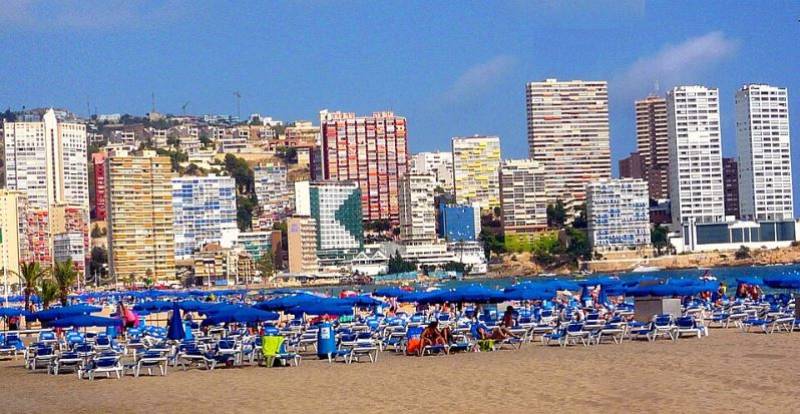
To be listed on the CAMPOSOL TODAY MAP please call +34 968 018 268.
article_detail
Date Published: 27/05/2025
EU shelves vote on official status for Catalan, Basque and Galician
Spain accepts postponement as a dozen countries raise concerns over legal and financial implications
 The European Union has decided to delay a vote on granting official status to Catalan, Basque and Galician across EU institutions, after several member states raised concerns about the legal and financial implications of the move.
The European Union has decided to delay a vote on granting official status to Catalan, Basque and Galician across EU institutions, after several member states raised concerns about the legal and financial implications of the move.The decision was made on Tuesday May 27, during a meeting of the EU General Affairs Council in Brussels. According to diplomatic sources, around a dozen countries formally requested the vote be taken off the agenda, a request also supported by Spain, who recognised the need for more time to build consensus.
Poland, which currently holds the rotating EU presidency and is responsible for moderating the debates, confirmed the decision to postpone the matter until a later date.
Spanish government spokesperson Pilar Alegría responded to the news by reaffirming the country’s commitment to the proposal. "We will continue working and engaging in dialogue with our European partners," she said.
Alegría also stressed that the aim is to convince all member states “as soon as possible”, noting that progress had been made in recent weeks and that “a broad group of states” were now supportive of the idea. However, a smaller group of countries have asked for more time and information before making a decision.
The Spanish government has long been working with European partners to secure official EU status for the country's co-official languages. Back in 2023, Catalan, Basque and Galician were granted official status in Spain’s own parliament, and in recent weeks officials say there has been significant progress at European level too, with a broad group of member states now backing the proposal. Even so, a smaller group has asked for more time and information. Spain has accepted this in order to continue discussions.
Speaking on his arrival at the Council meeting, Finland’s Minister for European Affairs Joakim Strand commented, “I hope we don’t have to vote today because the issue is not ripe.” He added that legal advice from EU Council lawyers about compliance with the Lisbon Treaty needed to be taken “very seriously”.
Only Denmark and Slovenia publicly confirmed they would have supported the proposal if the vote had gone ahead.
Meanwhile, the Spanish government criticised opposition party PP (Partido Popular, which is Spain’s main centre-right political party) for allegedly lobbying against the initiative. Sílvia Paneque, a government spokesperson, called their actions “absolutely incomprehensible and irresponsible,” and accused them of “acting against the interests of the country they claim to defend.”
She also praised the government’s ongoing efforts to “dignify, protect and promote the Catalan language,” and expressed gratitude for Prime Minister Pedro Sánchez’s commitment to pushing the issue forward in the EU.
Spain hopes the languages will gain official recognition from 2027.
Photo by Czapp Árpád/Pexels
Loading
Sign up for the Spanish News Today Editors Roundup Weekly Bulletin and get an email with all the week’s news straight to your inbox
Special offer: Subscribe now for 25% off (36.95 euros for 48 Bulletins)
OR
you can sign up to our FREE weekly roundup!
Read some of our recent bulletins:
Discount Special Offer subscription:
36.95€ for 48 Editor’s Weekly News Roundup bulletins!
Please CLICK THE BUTTON to subscribe.
(List price 3 months 12 Bulletins)
Read more stories from around Spain:
Contact Murcia Today: Editorial 000 000 000 /
Office 000 000 000






























